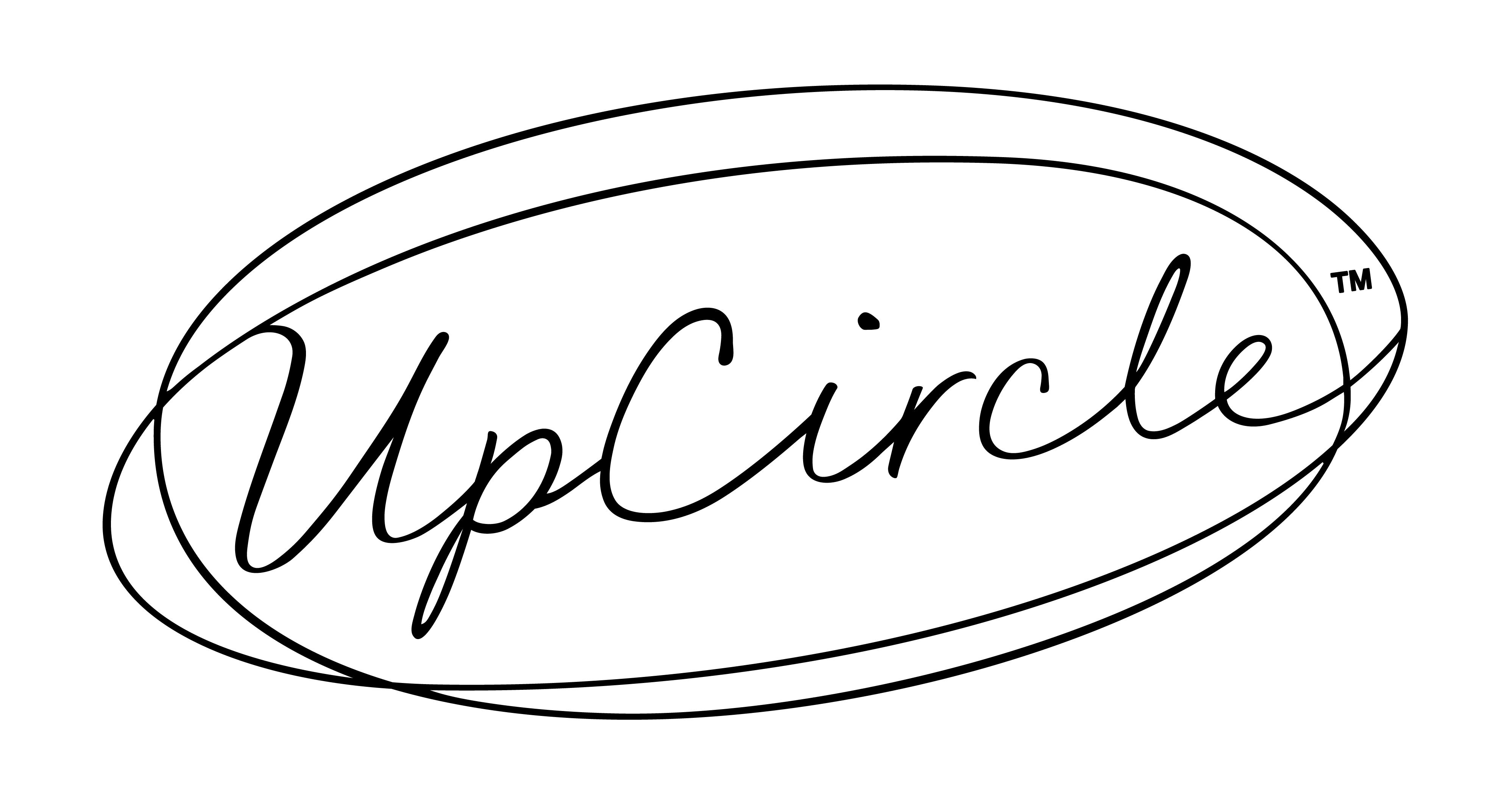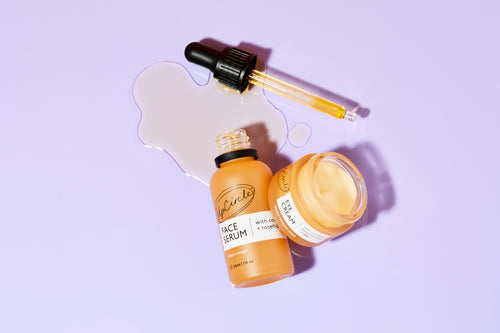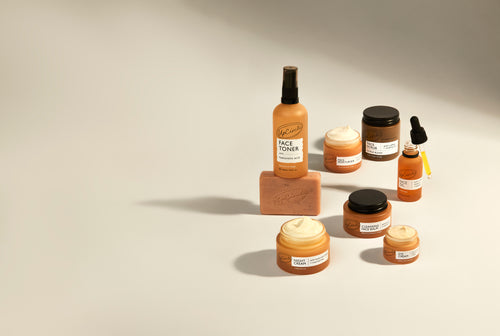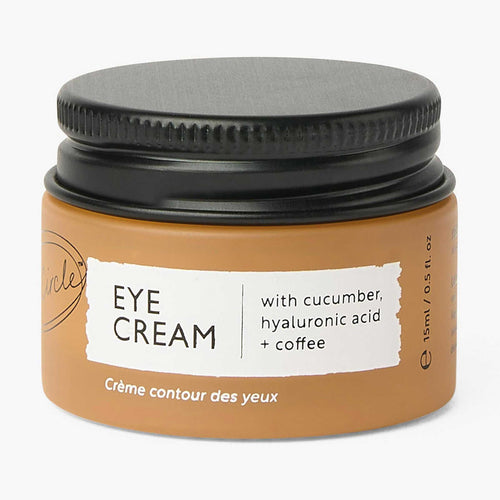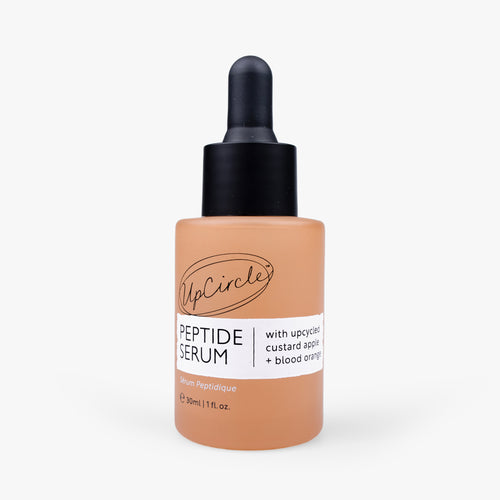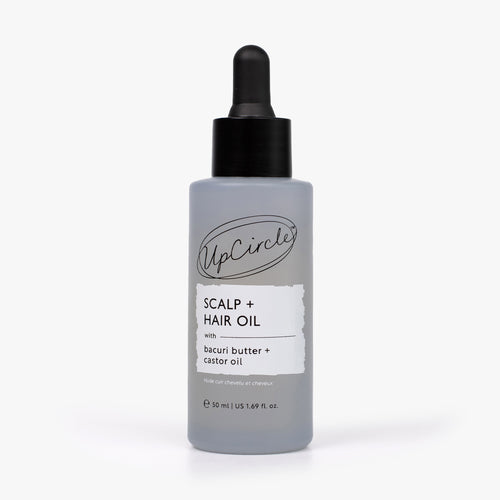While hailed as a wonder skincare ingredient by many, some people find that retinol is too harsh on their skin.
The benefits of retinol are undeniable, but if it causes your skin to become irritated, those so-called benefits don’t matter much. Because of this, more people are turning to natural retinol alternatives to reap the benefits without the irritation.
We’ve previously covered the differences between the similar-sounding retin-A, retinol and retinal – all included under the umbrella term of retinoids.
Is retinol natural?
Retinol is a natural form of vitamin A that can be found both in nature and created synthetically in a laboratory. Retinol can also be found in animal products such as liver or dairy products. Retinol found in skincare products can be derived from nature or produced synthetically, but is rarely derived from animal products.
As retinol is a natural form of vitamin A, strictly speaking, all forms of retinol are natural. However, some retinol products will also have non-natural components added to the formula. The term natural retinol often refers to retinol that is not produced synthetically or derived from animal products, but rather from plant sources.
What is the best natural alternative to retinol?
When considering natural or vegan retinol alternatives, there are several different options to try. It’s important to ensure that the other ingredients in products containing vegan retinol alternatives are also plant-based and match your ethics.
1. Bakuchiol
Probably the most well-known retinol alternative is bakuchiol. This ingredient is derived from the seeds of the babchi plant, which grows throughout many regions in India, some regions in China, and Southern Africa.
Bakuchiol is the ingredient of choice for many people because of its anti-inflammatory properties and its ability to reduce redness. It is known to reduce hyperpigmentation and is a strong antioxidant, meaning the ingredient helps to protect your skin against the damage of free radicals.
Find out more about the skincare benefits of bakuchiol, mixing skincare ingredients with bakuchiol, and the ethical considerations around the ingredient in our ingredient spotlight on bakuchiol.
2. Rosehip oil
Rosehip oil, sometimes known as Rosa Canina oil, is derived from the pressed seeds and fruit of the rose plant. The ingredient is naturally rich in antioxidants, helping to support healthy skin. A common active ingredient in skincare, rosehip oil helps to reduce hyperpigmentation and scarring of the skin, as well as soothe irritation and inflammation.
One of the reasons why rosehip oil is included in skincare is because it contains linoleic acid, a fatty acid. Fatty acids make up the base of ceramides, which help to improve the skin’s complexion and deeply hydrate the skin by preventing water from escaping.
Our ingredient spotlight on rosehip oil discusses everything you need to know about this natural retinol alternative, including the benefits of the ingredient and how to use it.
Product picks: Rosehip oil can be found in our Citrus Vegan Coffee Face Scrub, our Organic Face Oil and Night Cream.
3. Carrot seed oil
Derived from the Daucus Carota plant, carrot seed oil is a rich natural source of vitamin A. An effective antioxidant – many colourful vegetables are rich in antioxidants – carrot seed oil has an abundance of the powerful antioxidant carotenoids.
Helping to fight off free radicals and damage from environmental stressors, as well as an added hit of vitamin C, carrot seed oil is a great vegan alternative to retinol that can be incorporated into your skincare routine.
4. Rosemary extract
Rosemary (Rosmarinus officinalis) extract is also used as a natural alternative to retinol, largely due to its strong antioxidant properties and ability to nourish the skin. The ingredient has been found to be a strong anti-inflammatory agent as well as antibacterial, helping to soothe inflamed and acne-prone skin.
Product picks: Rosemary extract or rosemary leaf oil can be found in many of our products, including: Eye Cream with Hyaluronic Acid, Cleansing Balm, and The Haircare Duo.
5. Sea buckthorn oil
Sea buckthorn (Hippophae Rhamnoides) oil is another plant-based retinol alternative to consider. It is rich in vitamins A, C and E and carotenoids — surprisingly containing 15 times more vitamin C than orange fruits.
This ingredient is rich in antioxidants, which help to protect against free radical damage and harmful UVA and UVB damage. The skin benefits you can expect with sea buckthorn oil include a more even skin tone and deeply moisturised skin due to the linoleic acid in the ingredient.
Product pick: You can reap the benefits of sea buckthorn oil in our Cleansing Face Balm and Organic Face Oil.
Retinol alternative for acne
Some people using retinol products find them too irritating on their skin, especially if they have active breakouts or a facial skin condition. While some people simply cannot tolerate retinol, many find that using retinol less frequently helps to mitigate these effects. However, if you struggle with acne, this likely isn’t going to be effective.
Our award-winning Citrus Blend Coffee Face Scrub is packed with skin-loving ingredients. Containing the plant-based retinol alternatives rosehip oil and rosemary extract, this facial exfoliator gently buffs away dead skin cells to reveal smoother, newer skin.
Alternative to retinol for sensitive skin
Most people with sensitive skin will steer well clear of retinol fearing that the ingredient will be too harsh on their skin. Using a natural retinol alternative rather than retinol in your skincare can help to give your skin the boost it needs without damaging your sensitive skin.
Opt for our Gentle Facial Cleansing Balm, which contains the antioxidant-rich sea buckthorn oil and rosemary extract, as well as our fan-favourite Organic Face Oil, which is rich in rosehip oil for a vegan retinol alternative.
At UpCircle, we take pride in upcycling ingredients that would otherwise go to waste and are certified vegan, cruelty-free, plastic negative and B-corp. Discover our full range of organic and cruelty-free skincare products at UpCircle.
